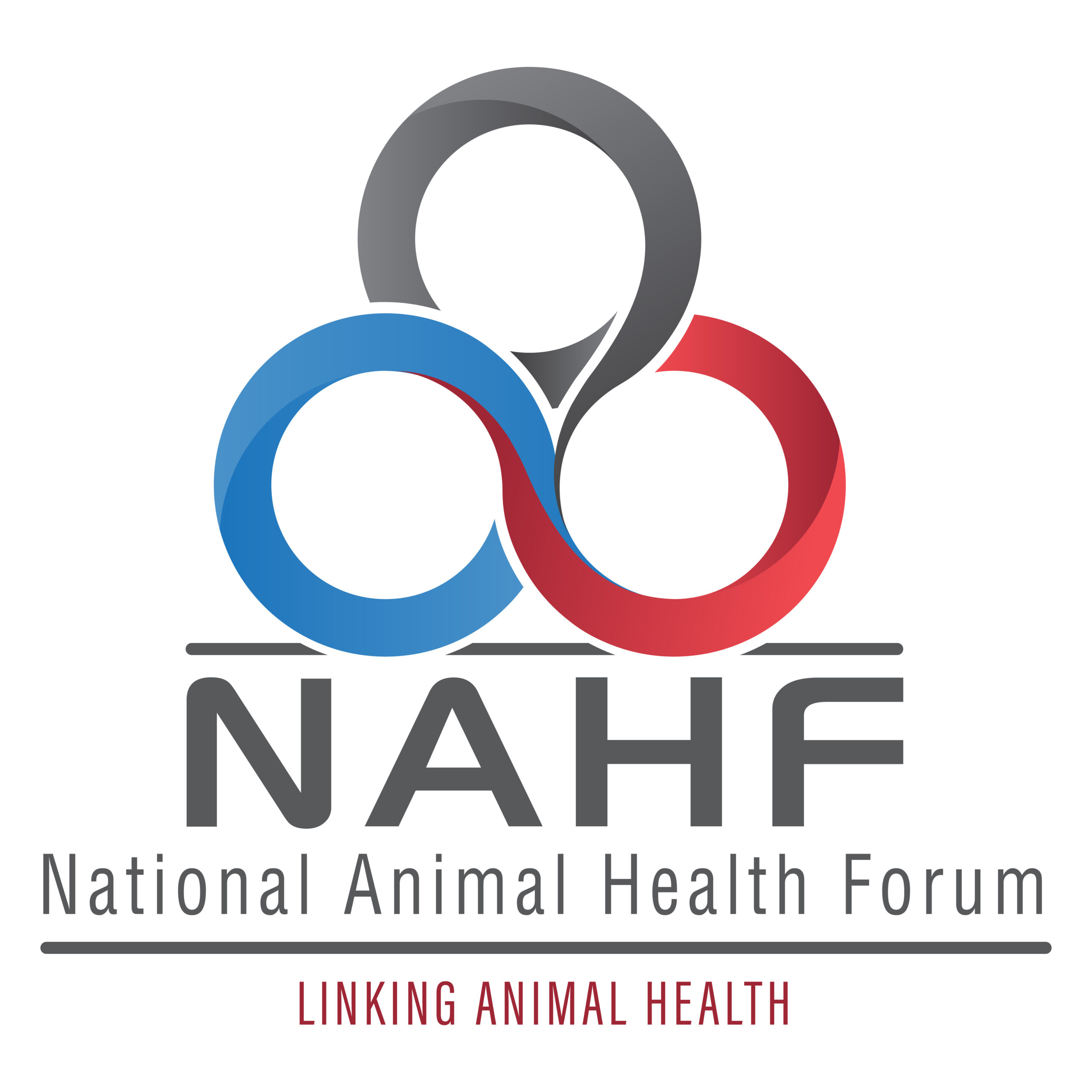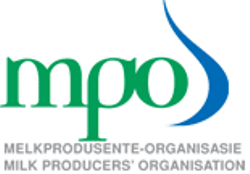The South African dairy industry is the fifth-largest agricultural industry in South Africa, providing a sustainable living for thousands of small- and large-scale producers across the country.
“There are currently 45 000 people employed in dairies across South Africa,” says Dr. Chris van Dijk, CEO of the Milk Producers’ Organisation (MPO). “If we also consider the families of these farm workers, the sector supports around 120 000 people.”
Dairy farming contributes around R14.5 billion annually to the country’s GDP, but, says van Dijk, the industry needs to be bigger.
“At one stage, there were 12 000 dairy farmers in South Africa,” he says. “Today there are only about 1 600.”
Transformation in the dairy industry goes hand-in-hand with growth, and the MPO is actively involved in several transformation projects. In 2016, it provided training to over 1 500 students, ranging from farm workers to emerging farmers, and actively helped to place many of these students on farms. It also trained 40 dairy herd managers.
Agricultural economist Bertus van Heerden also believes transformation in the dairy industry is vital if it is to progress. Speaking at the MPO’s media day in Pretoria earlier this year, he said: “The MPO can change the current demographics of dairies, but we need to engage the entire value chain. Established black business people who already have the necessary business background can assist in converting small-scale dairy farmers into large-scale producers.”
What You Need To Know About Dairy Farming
There is a lot more to dairy farming – even on a small-scale – than simply owning a few cows and milking them twice a day. It is a complex and demanding operation. It requires a thorough understanding of dairy cattle, and the right technical know- how to operate sophisticated equipment. There are also strict hygiene and quality control regulations to observe.
In an article for Farmers Weekly, Milk SA outlined the following risks potential farmers should be aware of:
- Product pricing is uncertain.
- Weather can be unpredictable and can affect feed production and overall herd health.
- Markets fluctuate, and demand is not always as high as you may think.
- Sudden outbreaks of contagious diseases can severely affect your herds.
Milk SA emphasises the importance of consulting with as many experts as possible in order to reduce your risks.
“Buying a dairy farm is not a decision you should make without talking to experts and considering various factors, as it involves investing a huge amount of money,” they caution. “Not only do you need enough money to buy the farm, you will need money to maintain farming activities and develop the farm in future.”
It’s also really important to take into account external factors. These include the distance between the farm and the nearest town (and vet), what condition the roads are in, and how good the soil and current grazing are.
New dairy farmers will undoubtedly be faced with many potential challenges and pitfalls, but here are some of the most widespread problems:
Ownership of Land
The issue of title deeds continues to be a thorn in the side of many black farmers. In a blog for Farmers Weekly, the editor writes: “One farmer I spoke to in Mpumalanga keeps sheep, pigs, and livestock on one hectare of communal land. The local chief has so far refused to grant him a PTO (permission to occupy) for the small plot on which he keeps his animals. Instead, preferential access to land is given to those close to the chief. Meanwhile, the few individuals who have shown a real interest in farming and demonstrated their ability to do so, remain without secure access.”
Access to Finance
Almost every small-scale dairy farmer you meet is frustrated with how difficult it is to secure finance for his business. Significant capital is needed to buy or lease land in a suitable area. This on top of livestock and equipment. Fortunately, initiatives such as the Department of Agriculture’s Mafisa Scheme can help. The scheme offers loans to help small-scale farmers purchase livestock, medication, feed, branding equipment and a host of other essential items.
The Land Bank is another potential source of financing for resource-poor farmers, offering short, medium and long-term unsecured loans of up to R25 000. The only proviso is that the money must be used exclusively for agricultural purposes.
It is also possible to obtain Instalment Sale Finance. The goods you buy using the money you have borrowed belong to the Bank until you have paid back the loan. But, as you have use of the goods in the interim, it is an excellent way for farmers with limited assets to grow their business.
These loans can usually be paid back over anywhere from three to ten years. But it depends on the expected lifespan of the asset you wish to purchase.
Dealing with the Competition
Healthy competition is part and parcel of any free market economy, but the South African dairy industry is somewhat unique in that it receives little if any, support from the government. This means that it has to survive in an internationally competitive environment without the subsidies its international counterparts enjoy. In this kind of environment, the small guys almost always finish last.
The South African formal retail grocery market is dominated by a few large chains that enjoy prime retail space protected by long-term leases. New milk processors have an uphill battle from the beginning to get their products listed with these chains. This makes it almost impossible to build up a loyal customer base. They are often asked to pay a significant listing fee in order to achieve this, which is often beyond the means of small-scale producers.
The Massmart Supplier Development Fund has begun to address this problem, as well as other barriers to entry into the markets. The Fund was developed to help new and black-owned businesses overcome some of the challenges common to starting up a new venture. During its first two years in operation, it facilitated the entry and expansion of 24 manufacturing firms and 139 small-scale farmers and farmer cooperatives. It is also working with other groups to reduce anti-competitive behaviour, thereby increasing opportunities for small suppliers.
Looking to the Future
“The successful establishment of black emerging farmers as commercial businesses is not only important for the future of the agricultural industry in South Africa, but also for national food security and the ultimate realisation of government’s strategic intention of developing and empowering previously disenfranchised farmers,” says the MPO. “The ultimate achievement of the goal to develop emerging farmers would, among others, be measured by the extent to which emerging farmers are upgraded from subsistence to successful commercial farming.”
The Milk Producers’ Organisation (MPO) is committed to enhancing the profitability, sustainability, and competitiveness of the South African dairy industry and enabling the sector to be best positioned to operate successfully in future. To find out more, please visit us at https://www.mpo.co.za/about-us/what-does-the-mpo-do/the-milk-producers-organisation
Published on Wednesday, 18th October 2017 - 20:49
Recent Posts
disclaimer









